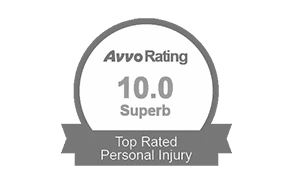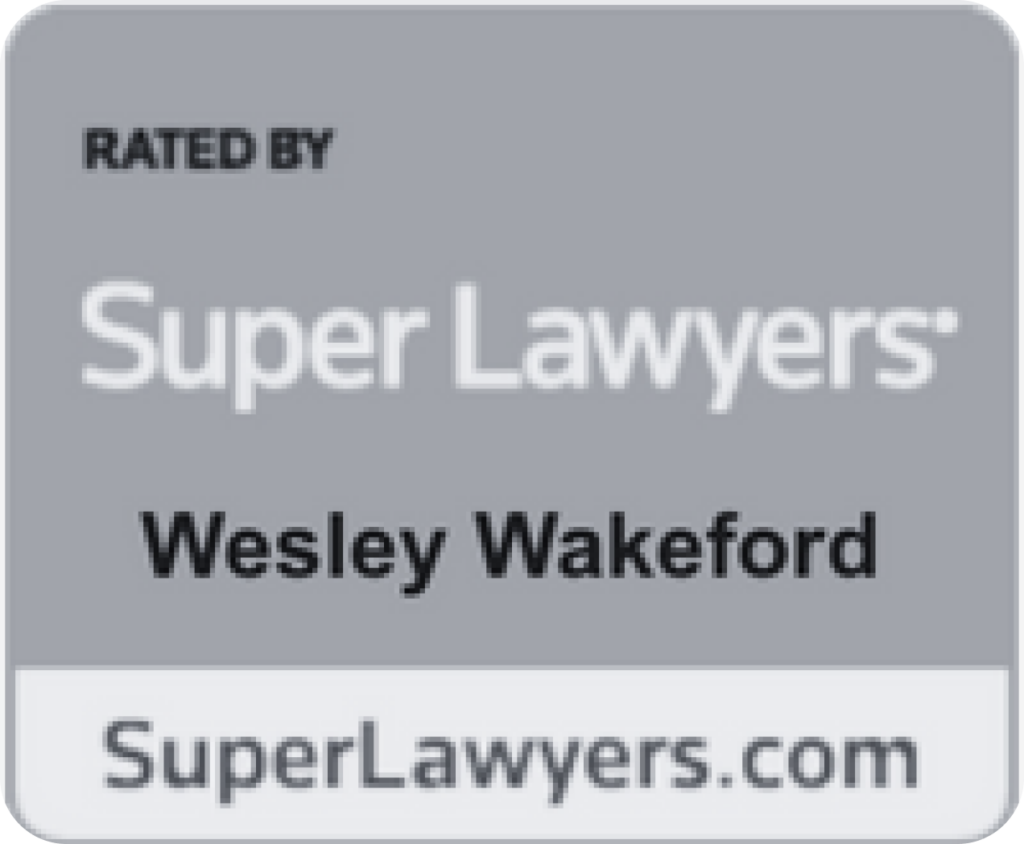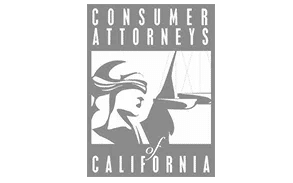
If you were injured in an auto crash, you may be able to recover compensation for your medical bills, lost wages, pain and suffering, and other losses. However, a key issue in obtaining monetary damages is determining how the incident happened and which driver caused it. In other words, you must establish who’s at fault in a car accident case in order to get the compensation you deserve under California law.
Our auto accident attorneys at The Wakeford Law Firm have in-depth knowledge of how California laws apply to fault in a car crash case. We also have access to resources that can help support your claim with regards to who was to blame. Please contact our office to schedule a free case assessment today.
Overview of Fault in a California Auto Crash
The reason that fault is an important factor in a car accident is that these cases are based upon negligence. You must prove the essential elements of a negligence-based claim, which are:
- Duty: You must show that the responsible motorist had a legal obligation to drive safely, a duty which applies to everyone who operates a vehicle on California roadways;
- Breach: You need to establish that the other driver breached the legal duty of care, perhaps by violating California’s Rules of the Road;
- Causation: There must be a direct link between the breach of duty and the auto crash that caused your injuries; and,
- Damages: You have to prove that you suffered damages as a result of your injuries, for which you are entitled to compensation.
Fault from Different Perspectives
In some auto accidents, it is clear who was at fault. Rear end collisions, wrong way accidents, and similar incidents firmly establish who is to blame. However, fault is a murky subject when there is no clear indication of how the motor vehicle accident happened. In the chaos and confusion, it is difficult to pay attention to the details.
Still, you may better understand how fault works in California by reviewing the issue from different perspectives. Three entities in particular have very specific ways of looking at fault:
- Police: When law enforcement is alerted to an accident, officers on the scene are responsible for drafting a police report. The information comes from interviewing the drivers, passengers, and witnesses, as well as the physical conditions at the scene. However, these details may not include an account of fault. If police issue a ticket for violating a traffic law, this may be valuable evidence in a claim. A citation shows that a driver was careless, reckless, or acted intentionally.
- Insurance Companies: After an accident, you would typically file a claim with the responsible driver’s insurance company. An adjuster will conduct an investigation and determine fault based upon California negligence laws as described above. Still, insurers are reluctant to pay out claims because they seek to protect their bottom line. They may contest your version of events or try to put the blame on you.
- California Courts: Judges and juries also look to negligence in an auto accident case, but their view of blame is more neutral as compared to insurance companies. The finder of fact is responsible for looking at fault as a preponderance of the evidence. In other words, they view the facts to see whether it is more likely than not that someone is at fault.
Evidence May Establish Who’s at Fault in a Car Accident Case
As mentioned, the police report may not be useful evidence, though a traffic citation can be effective in an auto crash claim. Other sources of evidence that may support fault in your case include:
- Witness recollections;
- Photos of the scene and damage to vehicles;
- Pictures of your physical injuries;
- Statements by the drivers and passengers;
- Red light camera footage;
- Video from surveillance cameras;
- Vehicle damage reports; and,
- Much more, depending on the circumstances.
A Personal Injury Lawyer Can Explain Who’s at Fault in a Car Accident Case
While this overview of fault may be useful, there is actually much more to the issue when you file a claim or take the matter to court. Insurance companies may deny your claim entirely if you are even remotely to blame, asserting that your own comparative negligence is an issue. The same insurers will retain attorneys to represent their interests in court, so you face an uphill battle when you sue for damages.
To hear more about your rights and how to overcome challenges presented by insurance companies, please contact the experienced lawyers at The Wakeford Law Firm. You can reach our San Francisco and Marin County lawyers by calling 415-569-7495 or reviewing our website. We are happy to schedule a free consultation to review your situation and explain how fault affects your car accident claim.
How useful was this post?
Click on a star to rate it!
Average rating 0 / 5. Vote count: 0
No votes so far! Be the first to rate this post.







